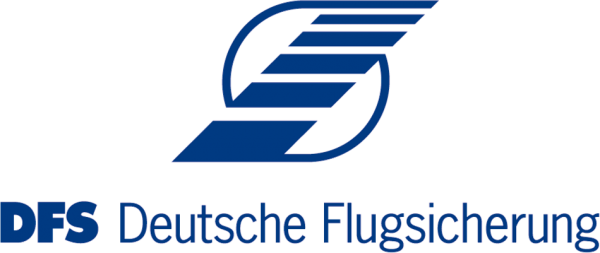DFS - Air Traffic Control
| Company | DFS Deutsche Flugsicherung GmbH |
|---|---|
| Date | 21.03.2011 |
Under the header “Return to growth,” DFS Deutsche Flugsicherung presents its 2010 Mobility Report at this year’s press conference. The air traffic volume rose by 1.5 percent last year, recovering slowly from the historic decrease of the previous year. In total, DFS controlled 2.97 million flight movements. Although the record-setting number of 3.15 million flights from 2008 was not met, DFS Chairman and CEO, Dieter Kaden, remains confident: “This coming year, we could exceed the 3 million mark again.” Growth in 2010 was hindered by two hard winters at the beginning and at the end of the year, the volcanic eruption in Iceland as well as strikes by air traffic controllers in other parts of Europe. Due to this, there was an increase in delays all around Europe. Nevertheless, in Germany 90 percent of all flights had no delays due to air traffic control. “Though we are playing at a very high level, we have to admit that we still have the occasional problem at trouble spots in North Rhine-Westphalia and in upper airspace,” says Mr Kaden.
Despite relatively low growth in German air transport, it was still possible to achieve record numbers in passenger and cargo traffic. In the past year, 166 million passengers and 4.1 million tonnes of air freight were transported. There are two explanations for this seeming contradiction. Firstly, air carriers are using larger aircraft and secondly, capacity is being utilised more and more effectively. According to the German Federal Statistical Office, the passenger load factor was 73 percent for the past year. In comparison, in the year 2000 it was only 68 percent. This is also the reason for slow growth in traffic at German airports last year. Frankfurt remains the front-runner with a slight increase of 0.2 percent to 464,031 aircraft movements, followed by Munich with a decrease of 1.8 percent to 386,693 aircraft movements.
DFS Chairman and CEO Dieter Kaden also reports top marks for safety again this year. Even though not all reported cases from last year have been fully evaluated yet, an independent group of experts, APEG (Aircraft Proximity Evaluation Group), has deemed 38 of 40 cases as non-critical. Only two cases were classified as safety-relevant: one as Category A (immediate risk) and one as Category B (safety not assured). “We are especially proud of the fact that neither of these two cases were caused by DFS,” states Mr Kaden. When looking at the long-term trend, the level of safety has increased enormously in the past decades. For example, in 1975 APEG counted 210 aircraft proximities when the traffic volume was roughly a fourth of today’s.
Along with safety and punctuality, environmental protection also plays an important role for DFS. This can be seen indirectly in the routings. In 2010, almost 96 percent of all aircraft reached their destination via direct routing which reduces fuel consumption and emissions. This cannot be achieved without highly skilled controllers because German airspace is among the busiest and most complex airspaces in the world.
Under the umbrella of the “Single European Sky”, the European Commission is planning to introduce performance standards for all European air navigation service providers to better compare and evaluate as well as provide a basis for possible sanctions. The European parameters will be especially noticeable in the levying of air traffic control charges. The current principle of full cost recovery will no longer be used. In future, the unit rate in Germany will no longer be calculated according to the total amount of air traffic. The EU will set the level of charges regardless of the amount of traffic. To be prepared for this development, DFS has set up a cost-cutting programme named “Heading 2012”. Ways to enhance synergies, cut back on costs and use employees more effectively are being explored. “However, we do not plan to let any employees go,” Mr Kaden stressed.
DFS Deutsche Flugsicherung GmbH, the German air navigation service provider, is a State-owned company under private law and has 5,900 employees. DFS ensures the safe and punctual flow of air traffic over Germany. Staff coordinate up to 10,000 aircraft movements in German airspace every day, and nearly three million movements every year. This makes Germany the country with the highest traffic volume in Europe. DFS operates control centres in Langen, Bremen, Karlsruhe and Munich. In addition, DFS is represented in the Eurocontrol Centre in Maastricht, the Netherlands, and in the control towers of the 16 international German airports.
DFS provides training and consultancy services around the world and develops and sells air traffic management systems. The company's portfolio also comprises flight-relevant data, aeronautical publications and aeronautical information services. DFS has the following business units: Control Centre, Tower, Aeronautical Solutions and Aeronautical Information Management.
Contact
Aeronautical Solutions
Am DFS-Campus 10
Langen
Germany
D-63225
- +49 (0)6103 707-2051

